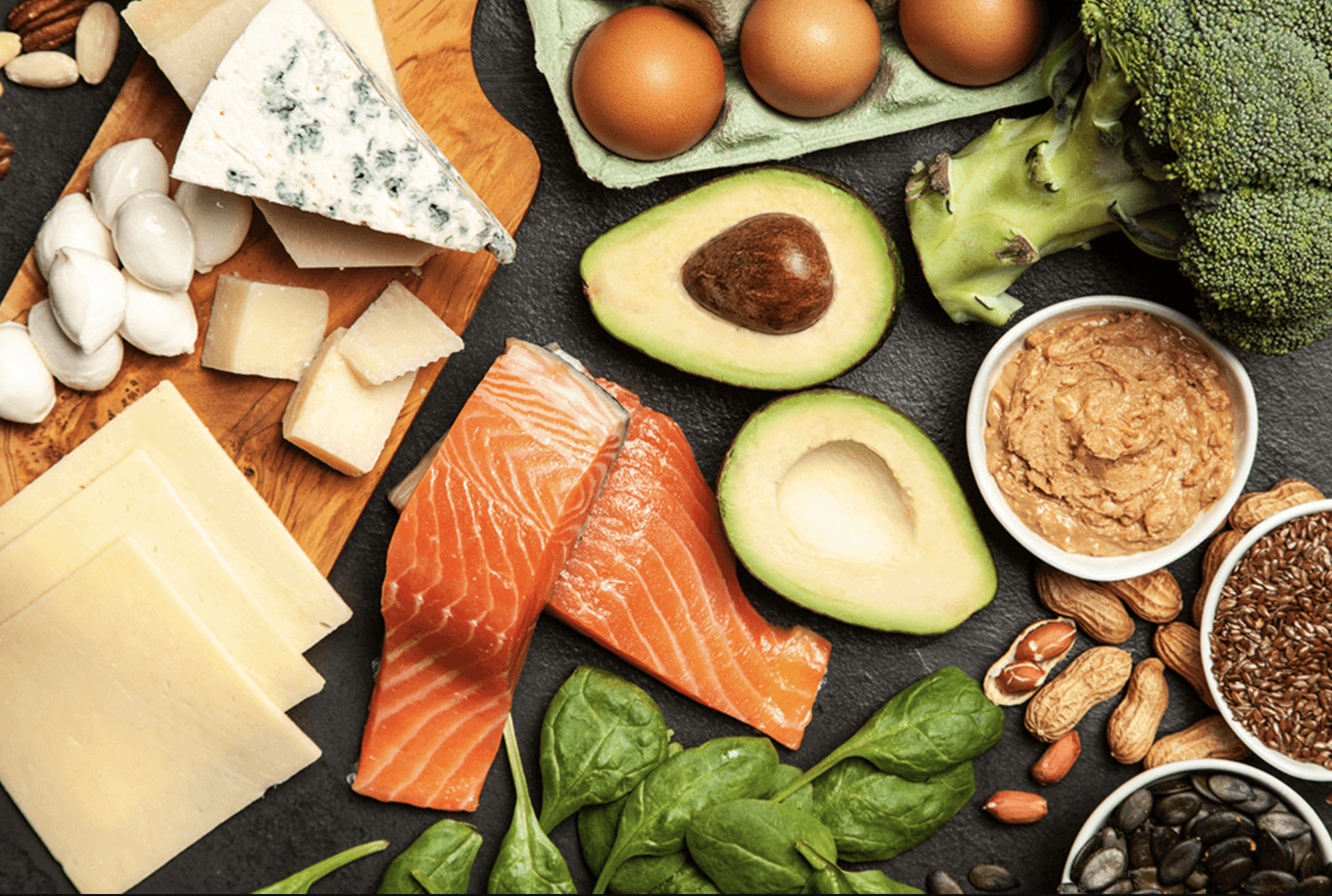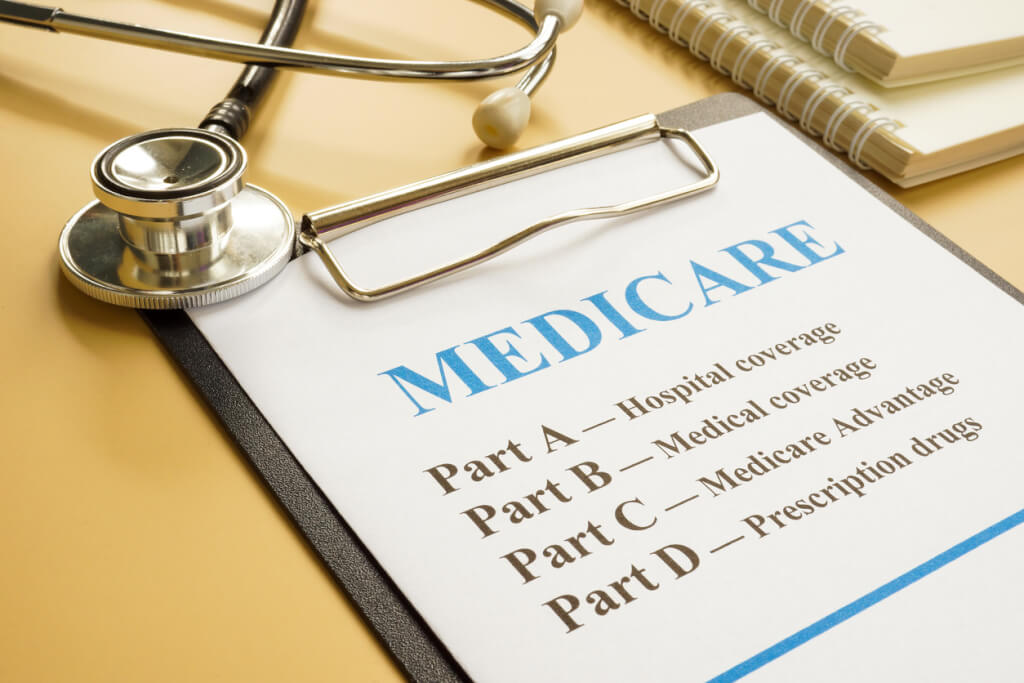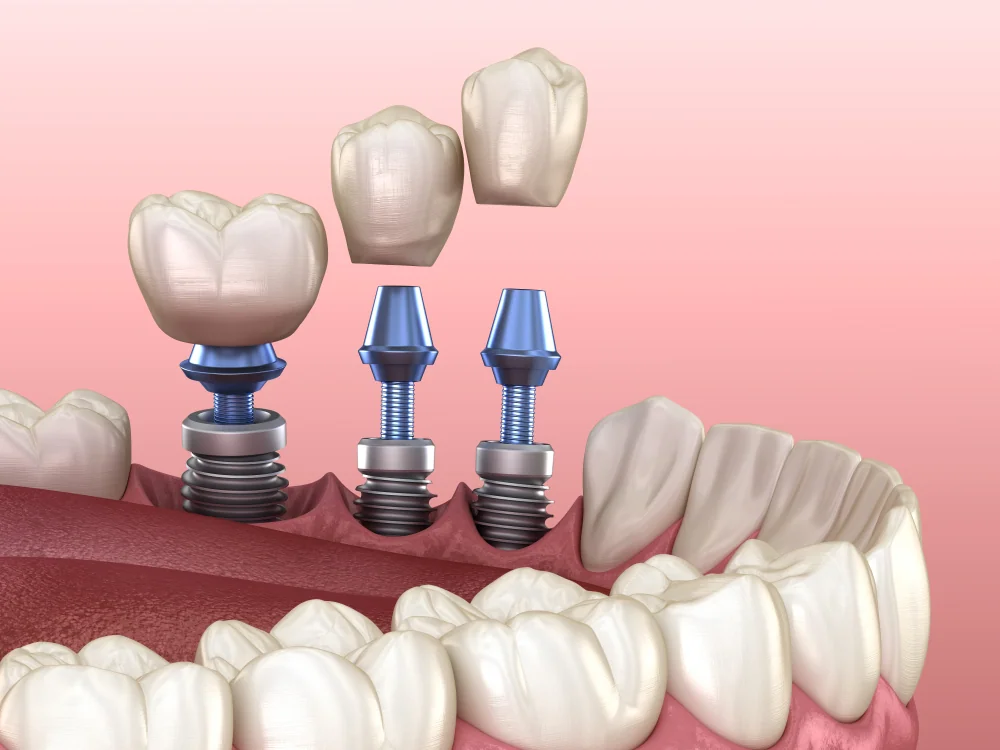Facts About the Effectiveness of Low-Carb Diets
- Posted on Nov. 7, 2023
- Health
- Views 71
Over the years, diets low in carbohydrates have received acclaim for their ability to assist in shedding pounds, controlling diabetes, and tackling various health issues. The rationale behind cutting down on carbs is rooted in the body’s method of metabolizing them. Normally, our bodies run on carbs, right? But when we cut back on them, our bodies go, "Okay, let's burn that stored fat instead." And that's when you see the pounds start to drop.
Read More

What Is a Low-Carb Diet?
Carbs don't just give us energy. They're important for managing blood sugar, working with insulin, and handling cholesterol stuff and other fats in our body. But eating too many carbs can mess up these important jobs our body does.
Carbohydrates can be categorized into three main types:
- Simple carbohydrates
- Complex carbohydrates
- Fiber
According to the rules on what we should eat, we're supposed to get like 45-65% of our calories from carbs. But hold on, not just any carbs. We should be munching on stuff that's packed with fiber and take it easy on the simple carbs, the ones that don't do us much good.
Some of the more popular low carb diet plans include:
- Keto Diet
- Atkins Diet
- Paleo Diet
What Should You Munch on if You're Cutting Carbs?
When you go low-carb, you usually up your intake of fats and proteins to make up for the carbs you're missing out on. That means you'll be having more things like various meats, chicken, fish, and seafood. Don't forget about eggs, those crunchy nuts, and seeds. Veggies that aren't packed with starch – think green stuff like broccoli, snack-like carrots, and cool cucumbers – are good too. And for fats, you've got things like butter, cheese, and cream. Oh, and don't skip out on avocados, and oils from things like olives and coconuts.
But what should you maybe skip? Well, low-carb usually means less of stuff like spaghetti, bread, beans, and those tiny lentils.
Dropping Carbs to Shed Pounds?
Loads of folks lean towards diets with fewer carbs when they're trying to slim down. But here's the thing, science isn't 100% sure about how good this idea is. There was this big study in 2022 by the Cochrane Database. They looked at 61 different tests with close to 7,000 people. They checked out diets where folks ate really low carbs (less than 45% of their food energy) and diets with a more even carb balance (45% to 65% of their food energy).
Dealing with Diabetes? Try Cutting Carbs
When folks with type 2 diabetes go for a diet that's low in carbs, they might see some good changes within the first half of a year. We're talking about better chances of getting their diabetes under control, needing fewer meds, and even dropping some pounds. But hold on, because after a year, some of this might not hold up, and you could even see your bad cholesterol go up. The peeps over at the American Diabetes Association say that cutting carbs can totally be part of a diabetes-friendly diet.
Cutting Carbs to Fight Inflammation: What's the Scoop?
You see, it's not crystal clear if nixing carbs is the golden ticket to kicking inflammation to the curb. For people who've got some extra weight and are wrestling with rheumatoid arthritis, shedding a few pounds can surely lend a hand. But as for the anti-inflammatory mojo of low-carb diets? It's not entirely clear and warrants further examination. You know, in 2018, some intelligent individuals believed the keto diet could potentially be a game-changer for Alzheimer's. They figured it could put the brakes on oxidative stress and inflammation. But just a heads up, we're still in the waiting room for more studies to high-five that idea and say it's a go.
Low-Carb Diet Safety Measures
Low-carb diets can have adverse effects, especially over the long term. These may include:
- Diabetic ketoacidosis risk in type 2 diabetes patients on certain medications.
- Increased LDL (bad) cholesterol due to higher fat and protein intake.
- Worsened kidney function in chronic kidney disease patients who up their protein intake.
Note, that side effects may vary among people, and you should always consult your healthcare provider to ensure the utmost safety.
Alright, let's break it down: If you're a young one, an athletic teen, expecting a baby, breastfeeding, or if you've faced challenges with food-related disorders, it might be wise to avoid jumping on the low-carb bandwagon. Now, low-carb diets? Opinions vary. Some believe it's a good way to shed weight or control type 2 diabetes. Wait a second! Before you give it a go, it's important to talk with a doctor or someone who knows about diets to make sure it's right for your health.


